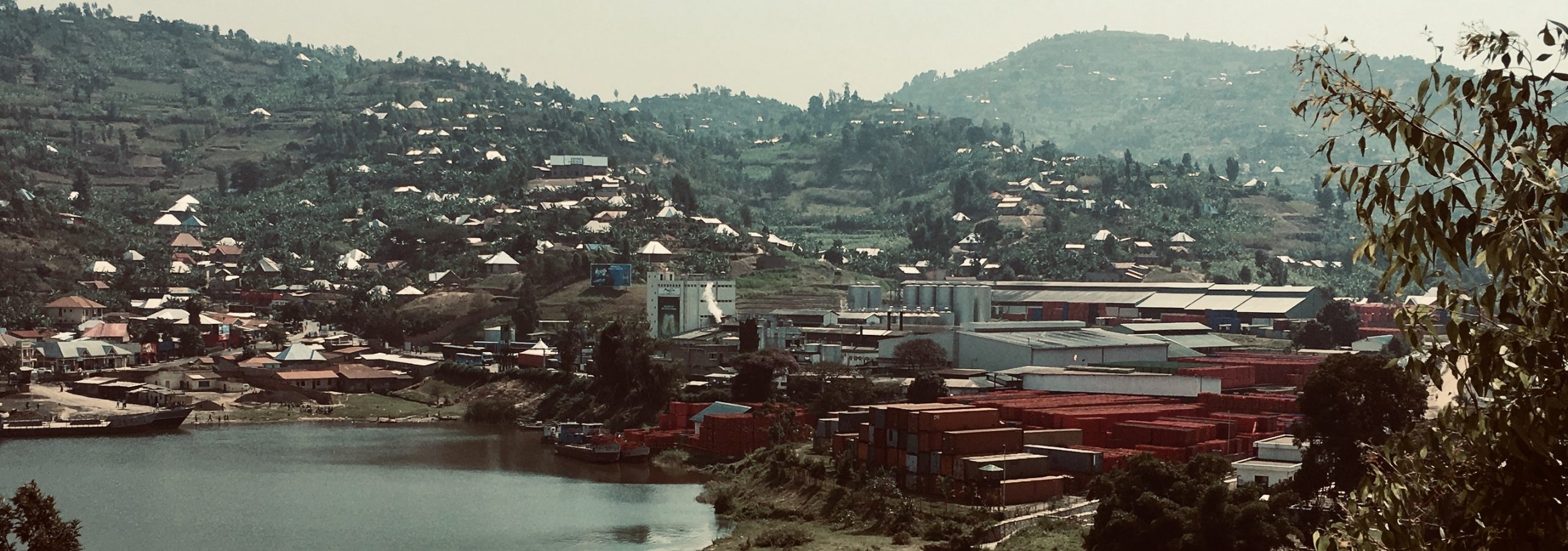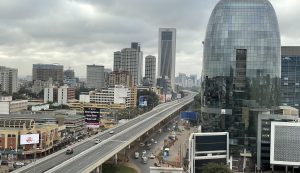HANS STOISSER
2020 with NextAfrica

African digital transformation
The fact that digital networking has increased can be seen, for example, from the rise in tech hubs. These are facilities such as co-working spaces, incubators or accelerators where young people meet to run “digital” startups. There were 618 active tech hubs on the African continent in March 2018, compared to 442 in 2017 (GSMA). Lagos, Johannesburg, Cape Town, Cairo and Nairobi are the hotspots.

African digitization runs parallel to ours, but a little differently for at least two reasons. First, digital innovations on the African continent are not being held back by old technologies and vested interests. Therefore, for example, the attractiveness of Rwanda as a „proof-of-concept-country” for investors.
Second, digital transformation also means the emergence of an entrepreneurial society. And this is where most African countries have a widespread entrepreneurial mindset that we no longer have. A huge space for innovations and modern entrepreneurship has opened up.
Geopolitical competition for influence
After China, the EU, the United States and Japan, Russia also held its first summit with African heads of state last October. The previous year, at such a meeting, China had pledged $ 60 billion to African leaders. The USA then followed suit with the same amount.
And Europe? Germany is breaking new ground. Not with $ 60 billion, but with an additional € one billion to support the activities of German and European companies in Africa. € 400 million for the financing and risk-sharing of investments (AfricaConnect), € 400 million for startups and SMEs (AfricaGrow) and in the future € 200 million for a business network.
This supports pioneering work by European companies on the African continent. Because companies that create added value for customers – in such a way that customers can also afford to pay for it – are the all-important bottleneck of sustainable economic development.
In addition, in the current situation, where some African countries are still autocratic and poorly governed, activities of companies also have political importance. Efosa Ojomo, African management thinker and regular lecturer at the Global Peter Drucker Forum in Vienna, thinks that it is companies that drive development in Africa.
Africa policy instead of development cooperation
In this respect, I do not consider reaching development aid of 0.7% of GDP to be relevant. Rather, it is about a coherent Africa policy that brings foreign trade, innovation, development, humanitarian and migration programs under one roof. – In order to bring about a European contribution to making the interconnected global society more humanistic.
With this in mind, in 2020 together with my partners, I will concentrate on bringing together purpose-driven companies from Europe and Africa to collaborate and co-create. We will do that under a new brand:
More on that soon.
I wish you all a good, successful and happy New Year!




